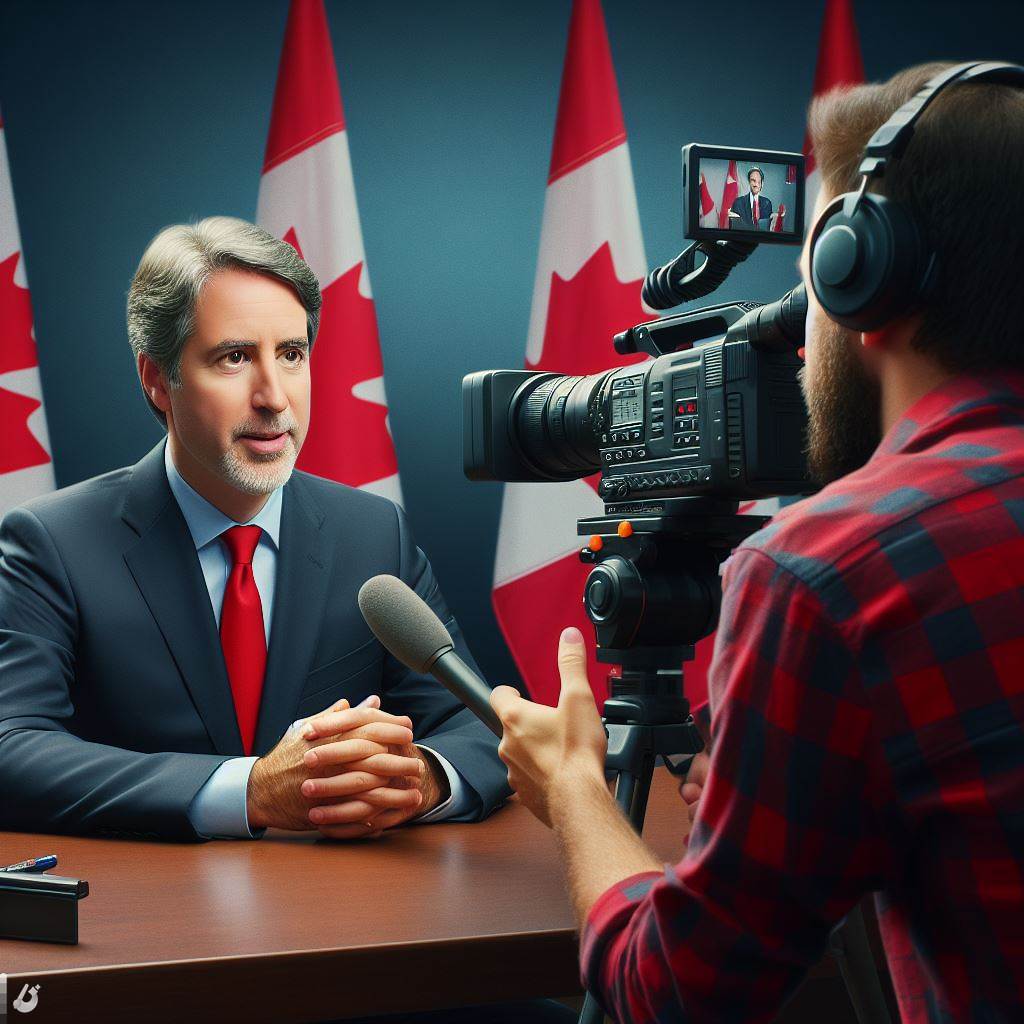Introduction
- Overcoming Creativity Hurdles: Writer’s block is a common challenge every writer encounters in their creative journey.
- Shared Struggles: Even seasoned professionals face moments of creative stagnation, emphasizing the universality of writer’s block.
- Unlocking Potential Solutions: This section explores insights and techniques from experienced writers to conquer writer’s block effectively.
- Inspiration Amidst Challenges: From established authors to emerging talents, their shared wisdom provides valuable strategies for creative reinvigoration.
- Navigating the Block: Whether you’re a novelist, journalist, or blogger, these proven tips will help reignite your writing flow.
- Harnessing Collective Wisdom: Learn from the pros’ experiences, discovering actionable advice to overcome hurdles and reignite your creativity.
Understand the Causes of Writer’s Block
Fear of failure or judgment
- Many writers experience writer’s block due to the fear of their work being criticized or rejected.
- The worry of not meeting their own or others’ expectations can impede the writing process.
- Overcoming the fear of failure or judgment is crucial to combat writer’s block effectively.
Perfectionism
- Writers prone to perfectionism often find it challenging to start or continue their work.
- The constant pursuit of flawlessness can lead to self-doubt and procrastination.
- Letting go of the need for perfection allows ideas to flow and creativity to flourish.
Lack of inspiration or motivation
- Writer’s block can occur when one struggles to find inspiration or lacks the motivation to write.
- It may be caused by a creative dry spell or external factors that drain enthusiasm.
- Seeking sources of inspiration, such as reading, connecting with nature, or engaging in hobbies, can help overcome this hurdle.
Overwhelm or burnout
- When writers feel overwhelmed by the volume of work or experience burnout, the writing process becomes challenging.
- Continuous stress and exhaustion can drain creativity and make writing appear daunting.
- Prioritizing self-care, taking breaks, and seeking support from others can help tackle overwhelm and prevent burnout.
Essentially, understanding the causes of writer’s block is essential in finding effective strategies to overcome it.
Fear of failure or judgment, perfectionism, lack of inspiration or motivation, and overwhelm or burnout are common triggers.
By addressing these causes, writers can break free from the clutches of writer’s block and rediscover their creativity and passion for writing.
Read: Canadian Directors: Diversity and Inclusion
Strategies to Overcome Writer’s Block
Freewriting
- Clearing the mind through free-association.
- Continuous writing without judgment or editing.
Setting a Writing Schedule
- Establishing a routine to develop discipline.
- Allocating specific time for writing each day.
Breaking the Project into Smaller Tasks
- Setting achievable writing goals.
- Focusing on one small aspect of the project at a time.
Seeking Inspiration from Other Sources
- Reading books or articles related to the topic.
- Exploring different creative mediums (art, music, etc.).
Taking Breaks and Engaging in Physical Activity
- Stepping away from writing to recharge the mind.
- Engaging in exercise or other physical activities to stimulate creativity.
Read: The Impact of Digital Technology on Directing in Canada
Find Out More: Balancing Life and Writing: Canadian Authors Speak
Overcoming Mental Blocks
Building a Supportive Writing Community
- Joining writing groups or online communities can provide valuable support and motivation.
- Seeking feedback and support from fellow writers can help overcome mental blocks.
Practicing Self-Compassion
- Reframing negative thoughts and self-criticism can help overcome mental blocks.
- Celebrating small accomplishments and progress can boost confidence and overcome self-doubt.
Trying Different Writing Techniques
Building a Supportive Writing Community to Overcome Mental Blocks
- Solitary Nature: Writing can be isolating, with the blank page triggering anxiety and self-doubt.
- Strategies for Creativity: Writers can employ strategies like community building, self-compassion, and varied writing techniques.
- Community Support: Joining writing groups provides a sense of belonging, fostering discussions, idea sharing, and constructive feedback.
- Feedback and Collaboration: Seeking input from fellow writers helps identify improvements, providing valuable insights and renewed inspiration.
- Practicing Self-Compassion: Writers must reframe negative thoughts, treating themselves kindly, building resilience, and overcoming self-doubt.
- Celebrating Progress: Acknowledging small victories boosts confidence, helping writers stay motivated throughout the challenging writing process.
- Trying Different Techniques: Experimenting with writing prompts and styles stimulates creativity, overcoming stagnation, and unlocking hidden inspiration.
- Diversifying Writing Styles: Exploring different genres sparks fresh ideas, enabling writers to tap into their creative reservoir and overcome blocks.
Therefore, by embracing a supportive writing community, practicing self-compassion, and trying varied writing techniques, writers conquer mental blocks and unleash creativity.
Read: Director’s Guide to Canadian Film Grants

Find Out More: Famous Canadian Artists: Past and Present Stories
See Related Content: Art Grants in Canada: A How-To for Aspiring Artists
Coping with Writer’s Block in the Long Run
Seeking Professional Help
- Consider therapy or counseling for underlying issues.
- Work with a writing coach or editor.
Reflecting on Personal Writing Process
- Identify patterns or triggers for writer’s block.
- Develop personalized strategies for prevention.
Embracing Failure as Part of the Writing Journey
- Understand that setbacks are normal and temporary.
- Learn from failures to improve writing skills.
Writer’s block can be a frustrating and debilitating experience for any writer.
Whether you’re a seasoned professional or a beginner, finding yourself unable to put words on paper can be incredibly discouraging.
However, there are effective strategies that can help you overcome writer’s block, not just in the short term, but also in the long run.
Coping with Writer’s Block in the Long Run
Seeking Professional Help
- Considering therapy or counseling for underlying issues: Sometimes, writer’s block may be a symptom of deeper emotional or psychological problems. Seeking professional help can provide valuable insights and assistance in addressing these underlying issues.
- Working with a writing coach or editor: A writing coach or editor can offer a fresh perspective on your work and motivate you to push past your creative block. They can provide constructive feedback and guidance to help you reignite your writing process.
Reflecting on Personal Writing Process
- Identifying patterns or triggers for writer’s block: Take a step back and analyze your writing process. Are there specific situations or circumstances that consistently lead to writer’s block? By identifying these patterns or triggers, you can take proactive measures to avoid or mitigate them.
- Developing personalized strategies for prevention: Based on your analysis, create a customized plan to prevent writer’s block. This could include setting realistic goals, establishing a routine, or experimenting with different writing techniques. Find what works best for you and incorporate it into your writing process.
Embracing Failure as Part of the Writing Journey
- Understanding that setbacks are normal and temporary: Writer’s block is a natural part of the creative process. It’s important to remind yourself that experiencing setbacks and temporary periods of reduced productivity is normal. You are not alone in facing these challenges.
- Learning from failures to improve writing skills: Treat writer’s block as an opportunity for growth. Analyze your past failures or stalled projects to identify areas for improvement. Use these experiences as valuable lessons that can enhance your writing skills and help you develop resilience for future writing challenges.
By incorporating these strategies into your writing practice, you can effectively cope with writer’s block in the long run.
Seek professional help if needed, reflect on your personal writing process, and embrace failure as a stepping stone towards improvement.
Remember, writer’s block is not insurmountable – with perseverance and the right strategies, you can overcome it and continue on your writing journey.
Read: The Life of a Canadian Writer: An Inside Look
Conclusion
- Embracing Challenges: Writer’s block is inevitable but viewing it as part of the creative process is crucial.
- Persistence Pays Off: Professionals emphasize the importance of perseverance and discipline to overcome writer’s block.
- Diverse Approaches: Strategies vary, highlighting the need to explore different methods until finding what works best.
- Mindful Reflection: Understanding the root cause of blockages allows for targeted solutions and sustained creativity.
- Ongoing Growth: Recognizing that writer’s block is transient encourages continuous learning and adaptation for enduring success.
- Community Support: Seeking advice and sharing experiences within the writing community fosters resilience and collective growth.
- Embracing the Journey: The writing journey includes obstacles, but overcoming writer’s block contributes to personal and professional development.




